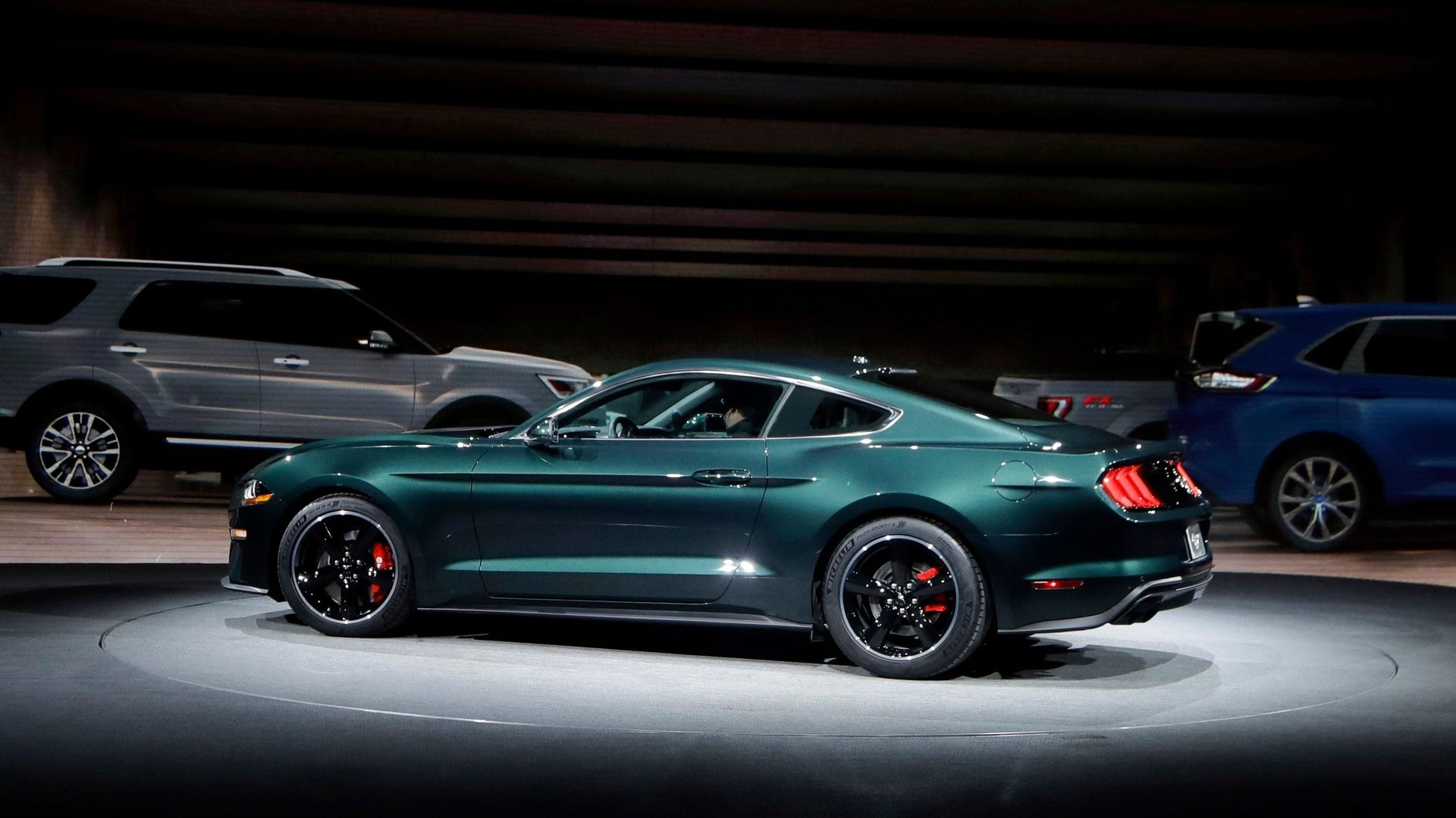Ford is basically a truck company now
Your brand-new Ford Taurus is about to become a collector’s item.


Your brand-new Ford Taurus is about to become a collector’s item.
As part of its first-quarter earnings report posted today (April 25) Ford announced that in the near future, it will be condensing its line of US car models to just the Mustang and the forthcoming Focus Active, a small crossover vehicle. The company will still produce a range of SUVs and trucks, including the Escape, Explorer, Bronco, and F-150—the best-selling truck model in the US.
Ford said in a release that it’s also exploring a new “white space” vehicle that would combine “the best attributes of cars and utilities, such as higher ride height, space, and versatility.” The company didn’t say exactly what that mean, but it sounds a lot like its current crossover vehicle models, like the Escape or the Focus Active. Ford’s business decision does make sense, given the decades-long trend of trucks, especially Ford’s own F-Series line, outselling traditional cars in the US. Here are the top five vehicles sold in the US:
Ford has been making sedans pretty much since the design was developed in the 1920s, so the move is quite a dramatic shift in strategy for the oldest-surviving US car company. In an interview with Quartz just three months ago, Jim Hackett, Ford’s chief executive, said the company is “not planning on a future where it doesn’t sell more cars.”
But the market in the US has shifted to larger vehicles that consumers perceive as safer; Ford’s decision to pare down their model offering to trucks and sports cars appears to be servicing the demand it sees directly ahead of it. Meanwhile, companies like Tesla have forced the hand of traditional automakers to adopt electrification in their vehicles. Ford says it will have over a dozen hybrid and electric vehicle options available by 2022.
“We are committed to taking the appropriate actions to drive profitable growth and maximize the returns of our business over the long term,” Hackett said in a release. The company is gearing up, as the industry is, for a future where the concept of owning a car becomes outdated. As ride-hailing services like Uber or Ford’s own Chariot continue to expand into more remote areas in the US and the world, and companies advance their autonomous-vehicle technologies, it will become less likely that the average homeowner owns a vehicle, let alone multiple vehicles.
It’s unclear how exactly this will affect Ford’s long-term model offering, or its autonomous efforts. To date, the company has been testing its self-driving technology on its Fusion sedan cars, but Ford told Quartz that it plans to develop an entirely new vehicle, unlike anything it’s released to date, for when it starts producing autonomous vehicles for consumers—which the company says it’ll be ready to do in 2021.